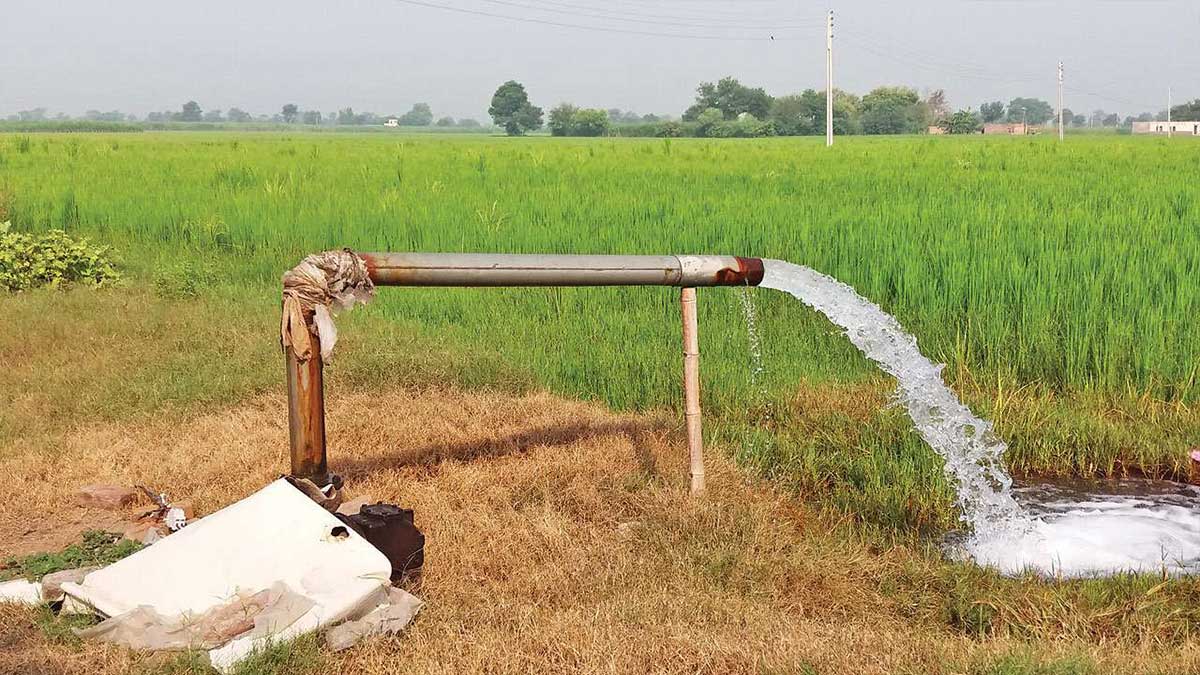A big number of population in mega cities of Pakistan is deprived of clean and safe underground drinking water, revealed the government.
On Monday, the government disclosed in the National Assembly that the majority of the cities, including the mega cities, in Pakistan do not have safe drinking water for citizens.
Pakistan Council of Research of Water Resources (PCRWR), declared 100 percent underground water in three cities — Mirpurkhas and Shaheed Benazirabad (Nawabshah) in Sindh and Gilgit as unsafe for drinking.
Clean Drinking Underground Water Not Available In Significant Number Of Cities
According to the data presented by federal Minister for Science and Technology Shibli Faraz on the floor of the house in response to a question asked by Mussarat Rafiq Mahesar of the Pakistan Peoples Party (PPP) shows that out of the 29 cities where underground water was tested by PCRWR, there are 20 cities where more than 50 percent water obtained from various sources was found to be unsafe.
Surprisingly, the analysis shows that underground water gathered from nine sources in Sialkot and Gujrat is 100 percent safe to consume.
Read more: 22 brands of bottled water found unsafe for human consumption
Multan (94%), Karachi (93%), Badin (92%), Sargodha (83%), Hyderabad (80%), Bahawalpur (76%), Muzaffarabad (70%), Sukkur (67%), Faisalabad (59%), Peshawar (58%), Tando Allah Yar (57%), Loralai (54%), Quetta (53%) and Gujranwala (53%) are the other cities with more than 50% of (50pc).
The federal minister Shibli Faraz revealed that the underground water was found to be polluted with arsenic, iron, fluoride and bacteria. He said the water quality monitoring (2020-21) of other 29 cities of the country had revealed the prevalence of bacteriological contamination (39pc), followed by arsenic (8pc), nitrate (4pc) and fluoride (4pc) etc. Overall, he said, 38pc of the monitored water sources were found safe for drinking in 29 main cities.
“The first symptoms of long-term exposure to high levels of inorganic arsenic are usually observed in the skin, and include pigmentation changes, skin lesions and hard patched on the palms and soles of the feet (hyper Keratosis). These at later stages may result in developing skin cancer. Long-term exposure to arsenic may also cause cancers of the bladder and lungs.” said the minister.





















